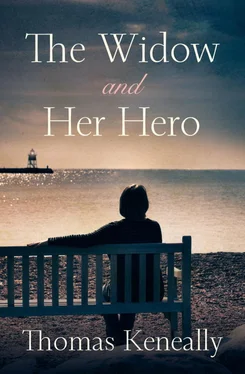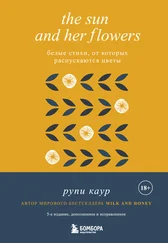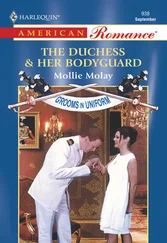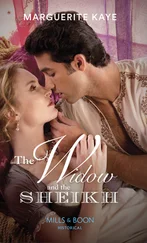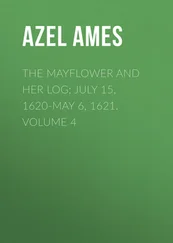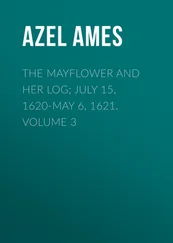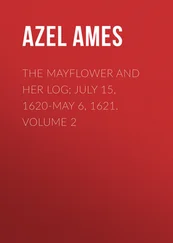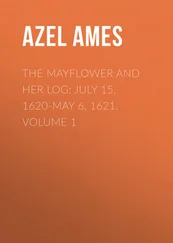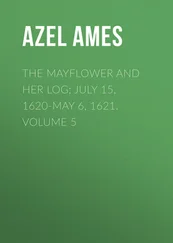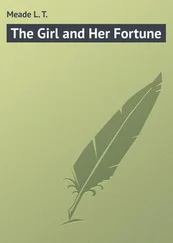I don’t know her, I protested.
Rhonda said, Her husband was Hugo Danway. He wasn’t on the first one, Cornflakes. And he arrived over in Western Australia just in time to join them on the second trip.
Danway. Yes, I recognised the name.
He was one of the group, I said.
Yes, the Japanese beheaded him too. I’m going to visit her, but don’t let me drag you along. As my husband says, I’m a bossy cow.
I took her home to my little flat – I had not yet married Laurie and the proprieties were observed. I’d made a cake for her, and she ate heartily, and drank her tea strong and black and with three sugars.
You see, what happened, she told me, was I was engaged to Pat Bantry. Did your husband ever mention him?
Yes, I lied.
I had a crush on him since I was thirteen. I’d be getting ready for school and I’d see Pat drive the old Bantry Hupmobile full-pelt down our hill and over the wooden bridge, and all the timbers of the bridge would slam together in protest. I can’t hear that sound to this day without my heart missing a go.
My hands were sweating. What did she want, this young wife from the Northern Rivers, who had a perfectly good husband at home in Aldavilla, and had left him to cook his own meals and patiently keep her bed warm, and all for the sake of ghosts? I had let her into my house for Leo’s sake, for the sake of his honour, for which as a good widow I was supposed to be hungry. Rhonda Garnish went on extolling Pat Bantry as the ultimate cow-cocky and bushman. The corn up on the Clarence River grew eighteen feet tall, she said, but Pat harvested the Bantry crop as well as Rhonda’s father’s. She and her brother had helped him when he offered to rebuild the floodgate on Sawpit Creek, and he brought along a picnic in a sugar bag – he must have looted the Bantrys’ kitchen pantry.
Pat would often go bush, cutting tea tree, and he’d cart it in for Mr Bantry’s distilling plant. Mr Bantry was from Ireland, she told me, and knew all about distilling, but he was a great admirer of tea tree oil, which he called ‘The Australian Panacea’, and sold at agricultural fairs up and down the Northern Rivers.
Bantry seemed the ultimate Australian, even though he’d been born in Ireland and come here as a child. On top of all else, he’d gone cutting sleepers and bridge-bearing timbers with Rhonda’s uncle, who said he was the most cheerful of company in the bush camp, and never swore but had as much wit as most swearers. Furthermore, this bush paragon had broken in a small team of steers and used them to snig a fence strainer, thus becoming an invaluable friend to every farmer on Sawpit Creek. And when the war brought petrol rationing, Pat had easily converted the Hupmobile into a kerosene burner.
These were the polished feats which had enchanted the young Rhonda. Everyone, Rhonda included, had been astonished when Pat volunteered early in the war. There was a story that a recruiting sergeant managed to get abstemious Pat full of bombo in Grafton (Leo’s home town, by the way). It might have been a version Pat wanted spread, since old Mr Bantry was not a lover of the British Empire in itself. When Pat vanished to North Africa, Rhonda hung on news of him. He was a member of the Sixth Divvy, that fabled division. After defeating the Italians, they moved up to Syria and beat the Vichy French, before returning to Libya to face Rommel.
Home on leave in early 1943, like a god descending, he proposed to Rhonda. Her parents didn’t like Catholics but they liked Pat, who was still robustly teetotal and non-swearing. She began taking instruction in the Catholic religion from the local parish priest. She was willing to cross any barrier and bridge any gap to be his mate. He became a weapons instructor at the Kunungra jungle training school, and so was safe from battle, and Rhonda could not overcome her astonishment that, all that time, he had watched and admired her. She was disappointed when he did not want to settle in the instructor’s job. She was aware of and a bit frightened by a restlessness in him. Like the blokes who came back from World War I, her father said. They were the only blokes who could understand themselves.
They intended to get married in January 1945. But of course… her trousseau waited until 1949, when a man named Ron Garnish came back from serving in the army occupying Japan, started a tyre business in town, began by taking her out and then asked for her hand.
She had been married a year or so, and had a miscarriage, very sad, but the doctor up in Grafton reckoned there was no reason she wouldn’t bear healthy children. And then she had opened the door of her little house one morning and Pat Bantry was standing there, looking just a bit dazed. Where’s the reward, Rhonda? he asked her, and then he was gone. She knew he was dead, of course, but she would have known anyhow, because he was talking with great effort over a great distance. She said she knew she should have been embarrassed to say she had seen and heard from the deceased, except that would be to deny the effort she believed Pat had made to speak to her. She told her husband as early as lunchtime that day. We don’t hide things from each other, she said. In any case there were still mothers and wives all over the Clarence River who had confusing visits from the war’s dead sons and husbands. Mrs Bantry was rumoured to have had a visitation from Sergeant Bantry too.
Ron Garnish proved such a tolerant and understanding fellow that he took her seriously. Many husbands wouldn’t have, would have talked about old flames and so on. She assured her husband of her full loyalty to him, but she hoped he would not stop her from seeing the Minister of Defence about a reward for Pat Bantry, who could have been safe in Queensland for the duration if he hadn’t been such a convinced man of action. She didn’t speak to the aging Bantrys, who were still inconsolable about their son. (Indeed, they sounded more or less like me, in terror of more information than could be accommodated.) It was up to her, as Pat’s former fiancée, to put the matter to rest. What if we went as a delegation? she suggested. You and me and Mrs Danway, if she’d be in it? The Minister couldn’t refuse to receive the spokeswomen for three heroes. Especially since one of them had written a famous poem about a lost husband.
I knew, of course, I had to go. I had had so many dreams myself that I was in no position to laugh at the idea of Pat Bantry’s spirit turning up thirsty for merit at Rhonda’s door. She told me one of the support troops, the Beta men who worked on getting the expedition away from Western Australia, had told her after the war that Pat always kept her picture upright on his boot box, and when some of the other men began talking about their adventures with women, he would say, This isn’t for your ears, dear, and turn her picture face down. The more she talked about it, the more I thought it was this tale, as much as the appearance of Bantry’s ghost, which had her by the throat.
She’d gone to the trouble of looking up the train timetable for us, Sydney to Canberra, and the names of Canberra boarding houses. I told her about the Kurrajong, where I used to stay. They knew me there.
How could I refuse to get on a train to Canberra when Leo had walked under his own power onto that murderous weed-bed at Reformatory Road?
We weren’t able to see Mrs Danway until the following Saturday afternoon. Laurie had a vehicle and would have happily taken Rhonda and me across the city to Kogarah, where Mrs Danway lived in a flat. But I did not want that. My affection for him was still not of the kind that looked to acquire debts of kindness, not yet, and as he would say later, even after five years I hadn’t cleared my slate of the war. Indeed, there were a lot of people like me, a whole sub-class of women in the world, invisible except to each other, who were making their dazed way amongst a society obsessed with housing shortages and electricity strikes, with horse-racing and football, and who were being told against their own instincts that the war was over and suddenly remote, and the dead to be referred to only at ceremonial moments.
Читать дальше
